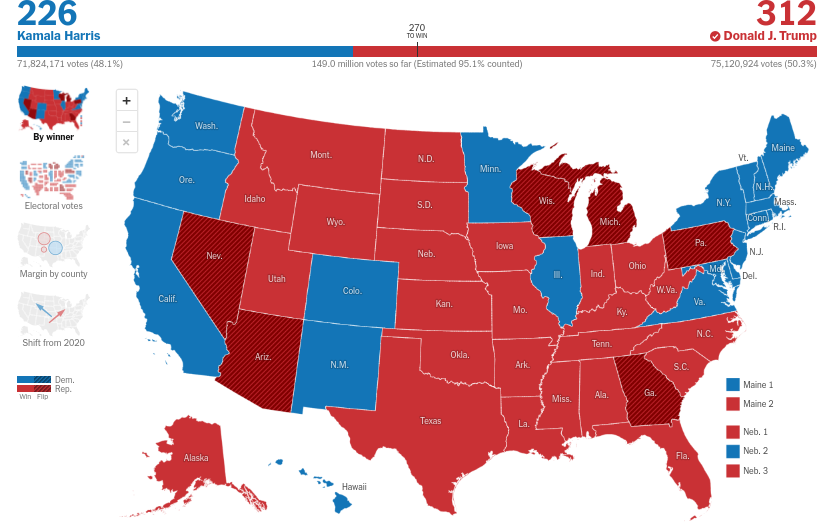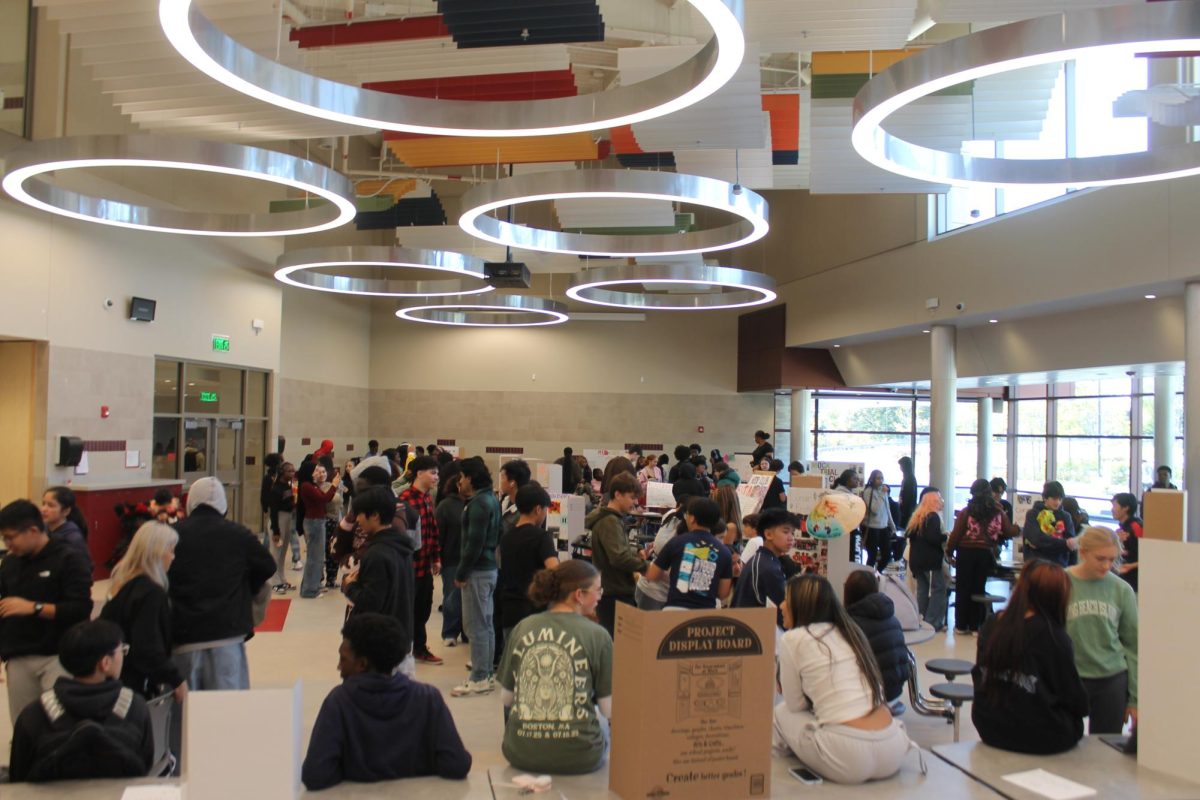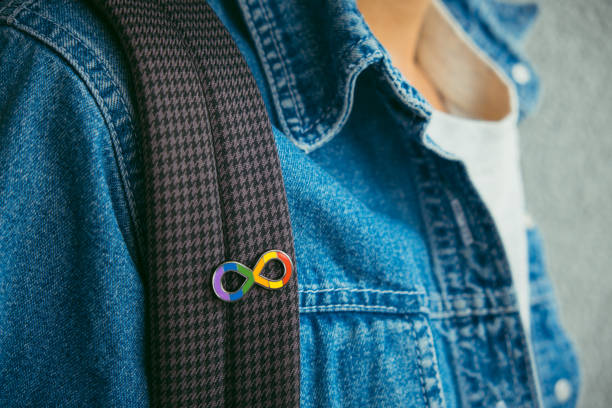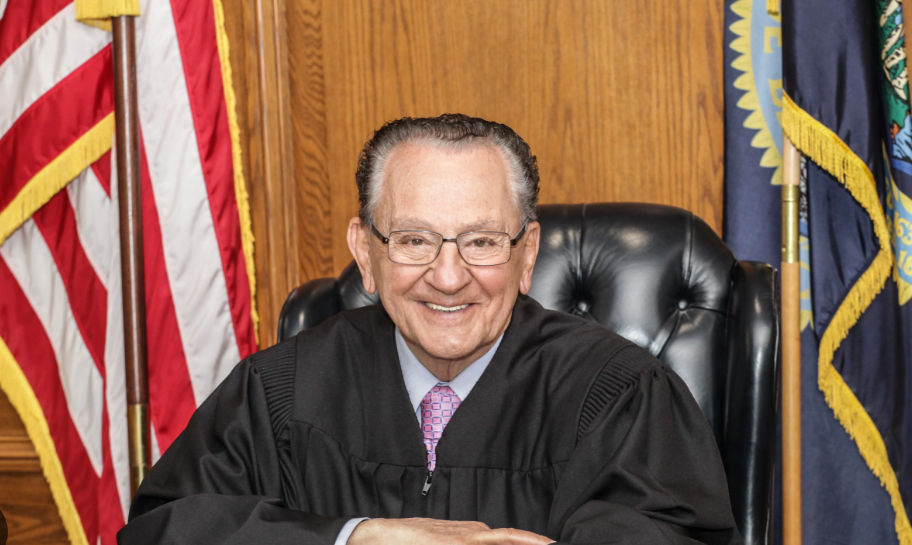On November 5, 2024, former president Donald J. Trump was elected as the next 47th president of the United States, defeating Democratic candidate Kamala Harris in what has been a unique election.
With a decisive majority in both the electoral college and popular vote, Trump won with a significant margin ahead of his opponent, securing all seven of the major swing states—Arizona, Florida, Michigan, Nevada, North Carolina, Pennsylvania, and Wisconsin—leading to his eventual win.
This commanding victory, however, was not entirely forecasted, and served as quite a surprise for many. After an election framed by several unexpected twists including the sudden withdrawal of President Joe Biden and Vice President Kamala Harris’ last minute stepping into the race, the past few months of this election have thrown U.S. citizens for a loop at the unforeseen possibility of having a first female of color as president.
At South High, there have been strong opinions on Donald Trump since long before this election. Ms. Apau, a teacher at South, expressed her disappointment in the results. “The fact that this horrible person could get reelected to run this country shows the mindset of so many Americans…that people could actually turn a blind eye to his rhetoric of hate and not to mention the cognitive dissonance of his followers…I feel sick to my stomach that he was elected again. So sad and disappointing,” she said. She also went on to describe her disagreement with his policies. “Trump’s America is not my mindset at all. His beliefs are the polar opposite of mine,” she said.
Many students at South felt similarly. Jennifer Garajau, a student at South, articulated their fears for Trump’s upcoming second term. “I’m scared to see how the country will divide and basically go backwards instead of progressing,” they said. As part of the Latino community, Jennifer shared their belief of what the future holds for the country. “Trump very clearly shows how much he hates Latinos and other minorities and his followers will only mirror that…I at least hope by the end of his second term I will still have all my basic rights as just another human being,” they said.
Another student, Gabri-Ella Martínez, also voiced her letdown in the election, specifically as a young woman. “The election really disappointed me…especially learning how many of the people around me are voting for Trump, because it’s not just voting for him, it’s voting against me as a woman who would like to keep her rights,” she said.
For some, however, these elections have been less about Trump and more about what Harris has failed to do during her time serving as vice president. A student at South pointed out that that’s what drove her to support Donald Trump. “I don’t think she [Harris] would’ve been the right candidate if she would’ve been elected, I don’t think she would’ve been the right thing for our country,” she said. “Many people who immigrated over here are now missing, and I think that’s really a problem, you know, Kamala as VP, that was one of her main jobs to do, and she just didn’t do her job.”
While debate has spurred over Trump’s sense of character and strong rhetoric, some students at South have decided to set those aspects aside. “If we’re really going to talk about character, Trump is not the best person, but I think a president is just a figurehead, the real power holds in Congress, so I feel like we shouldn’t hold him, like, as this bad person, my thing is you should be looking at what he can do for you,” a student at South said.
With Trump’s active agenda and administration having a heavy emphasis on the control of curricula around the country as well as having strict immigration policies, it is quite likely that school communities and education will be affected. With a conservative stance on social issues such as gender identity and critical race theory, Trump has allied with organizations such as Moms for Liberty, where parental efforts to reassess classroom discussions and return back to traditional values have been actively made. While these efforts have amassed much support from Republican states and representatives, many criticize Trump’s agenda, pointing out the limitations it sets on education as a whole and the inclusivity it strips from classrooms. On another hand, Trump has expressed his strong belief in imposing more immigration policies that will focus on mass deportations and a well funded border control, in addition to placing stronger limitations on humanitarian paroles and relief help for refugees or asylum seekers.
In face of this, South High students have drawn from their own family’s journeys to the U.S. when considering Trump’s stance on immigration. “My parents are immigrants—legal immigrants, meaning they worked hard to get their citizenship and it just pains me that they had to do all that, come to a country when they didn’t speak English, learn their way around, build something for themselves, get their citizenship and, like, it’s not fair to the people who actually worked hard to get their citizenship, and the people who are staying here illegally on expired visas,” a student said.
In what his policies and immigration agenda may bring, Ms. Apau communicated her fear for what awaits. “I am extremely concerned for our immigrant population at South. So many students are so fearful of his policies and are already so scared, and he is not even in office yet,” she said.
As these promised policies will begin to take effect soon, South High’s own community is not protected from seeing their potential consequences, especially when it comes to curriculum changes. “His policies include getting rid of talking about things like the LGBTQ community and Black Americans and their history…voting for him feels like an attack on everything South stands for, especially with so many ethnic minorities but also as a place that supports its young women,” Martínez said.
Some believe, however, that these policies will not reach our community directly, with Massachusetts being a predominantly Democratic state. “Any of Trump’s laws, regulations, or policies never affected us in the first place, [such as] Roe v. Wade…if it didn’t affect us in his last term, then I feel like it’s not going to affect us now,” a student at South said.
Mr. Alfonso, a teacher at South, expressed the need to delay any anxiety or worry for Trump’s second term. “As far as being concerned about what the new president may do and how it will affect our community; we will just have to wait and see,” he said.
While past debates over whether or not the Electoral College impedes the true voices of the American people to be heard, these elections left no question that that is not necessarily the case, as Mr. Alfonso points out. “This time around the voters resoundingly voted him in, so whether people like him or not, most Americans wanted another Trump presidency,” he said.
As the country looks ahead, another four-year term under Donald Trump’s presidency awaits and will begin after his inauguration on January 20, 2025. “All we can do is stay positive and hope these next four years go by very quickly,” Ms. Apau said.
Mr Alfonso remains hopeful in the strength of our democratic system. “The Founding Fathers created a strong system to ensure that the rights of all Americans were protected,” he said. “The American people have spoken and the hope is that President Trump will do right by all citizens.”








